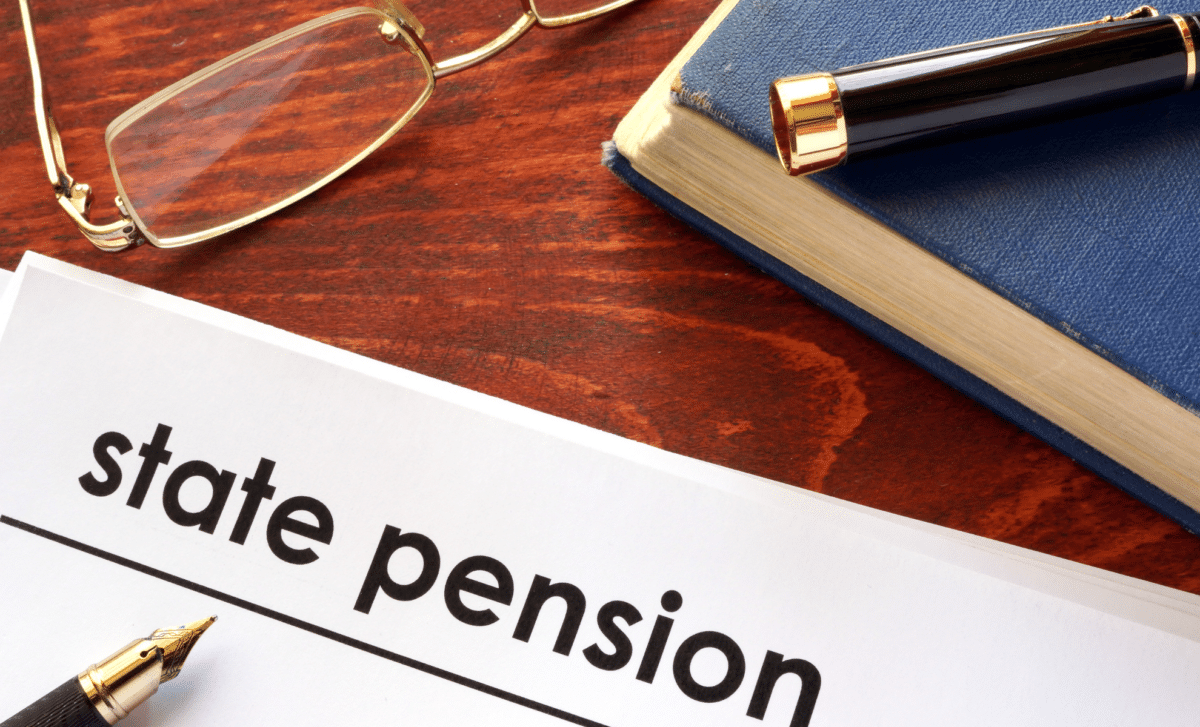In accordance with the government’s commitment to the Triple Guarantee, April’s increase in the state pension should provide people aged 65 and over with a boost to their income.
New State Pension Rates for 2024/25
The state pension is set to rise by 8.5% on April 8, reflecting the growth in average earnings over the previous year. This is the second-largest increase in the State pension rate ever achieved.
- The new state pension, applicable for those who reached the state pension age post-April 2016, will be £221.20 per week, amounting to £11,502.40 annually.
- The basic state pension, for those who reached the state pension age pre-April 2016, will be £169.50 per week, thus £8,814 annually.
The new rates represent an increase on the previous rates of £203.85 and £156.20 per week for the new state pension and basic state pension respectively. Retirees should expect to receive their payments every four weeks, with minor changes for bank holidays.
The State Pension Triple Lock
Implemented for the first time in 2011, the “triple lock” guarantee ensures that the state pension increases each year in line with the highest of the following three measures:
- Inflation, as per the previous September’s Consumer Price Index (CPI) figure
- The average wage increase in the UK
- 2.5 per cent, if both inflation and earnings are lower
The wage increase of 8.5% represents the highest increase, with CPI at 6.7% in September 2023. The State Pension increased by 10.1% in 2023, which is the highest increase in the State Pension ever recorded in the UK.
The triple lock was implemented to prevent the state pension from being overtaken by rising prices or the average purchasing power of people in employment. Nevertheless, criticism has been levelled at its long-term viability, given that it increases public spending every year. By 2023/24, pension payments will cost the government around £124.3 billion.
The triple lock protects pensioners on fixed incomes, who cannot “work longer hours or find another job.” explains Mel Stride, Secretary of State for Work and Pensions.
Currently, the state pension age in the UK is 66. You may retire at this age and start to receive your state pension. Any money before this age can only be taken from a personal pension, depending on your provider, and generally not until you reach the age of 55.
However, from 6 May 2026, the State pension age is set to rise to 67, which will be a gradual transition. For instance, for someone born on 6 April 1960, the State pension age will be 66 years and one month, for someone born on 6 May 1960 it will be 66 years and 2 months, and so on. The age will rise to 67 for anyone born on or after 6 March 1961.
Other Financial Support for Pensioners
What if you have reached State pension age but are not entitled to the full amount and your income is low? You may be able to claim a pension credit. This credit supplements your income by up to:
- £218.15 a week, if you’re single
- £332.95 a week jointly, if you have a partner









